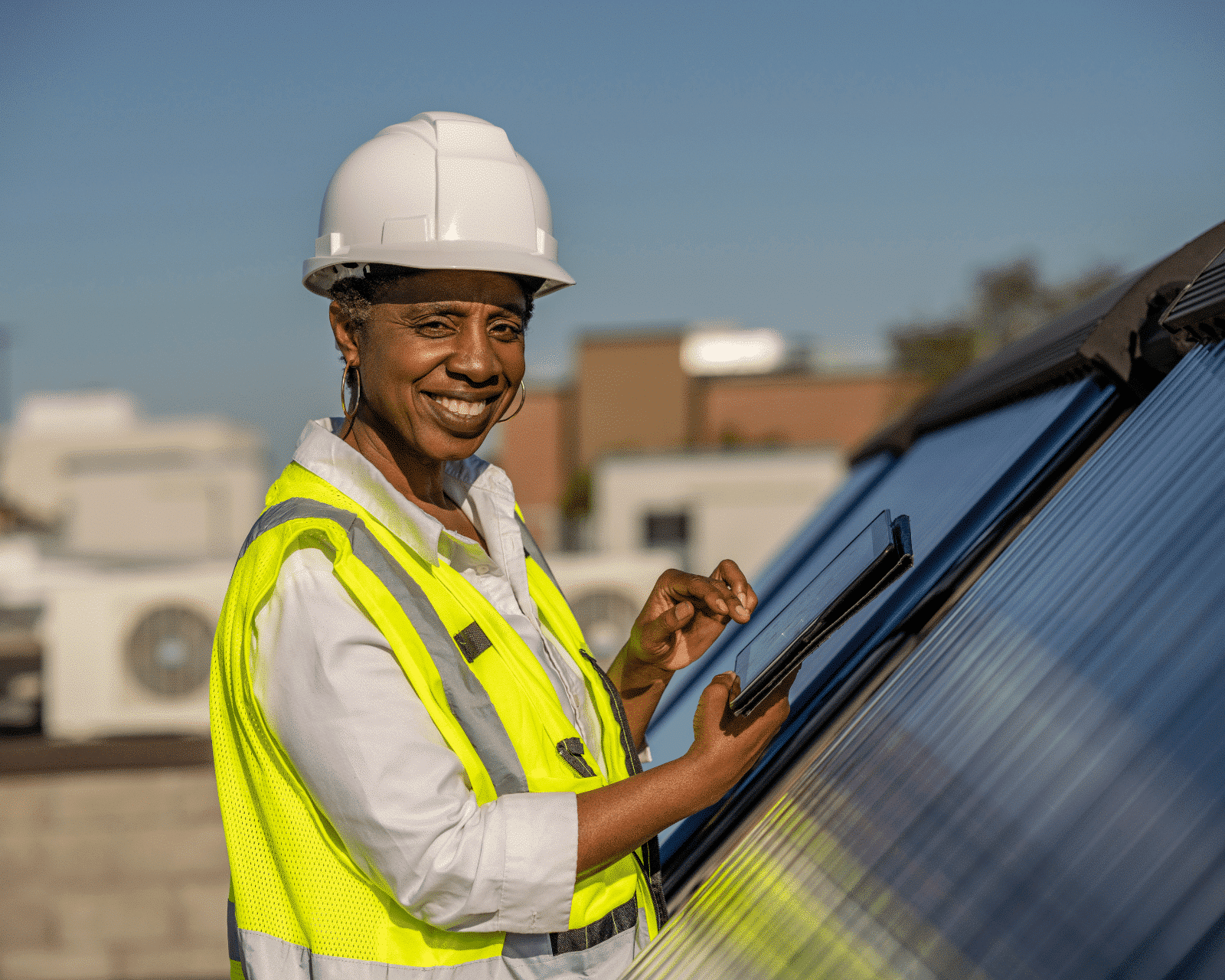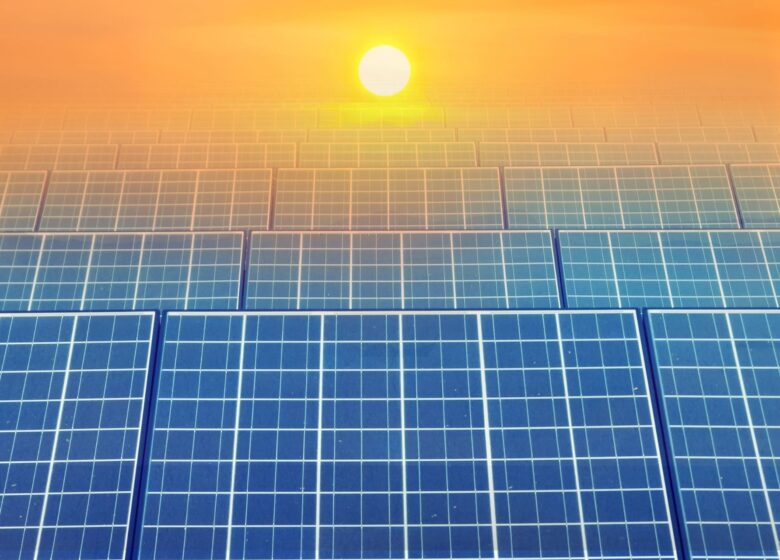More about SHINE
Solar Hands-on training and International Network of Exchange
SHINE is a Capacity Building project funded by the EU Commission that seeks to drive the green transition and enhance energy access in Africa. A European-African consortium, involving VET providers and stakeholders from education, industry, and policy makers, is collaboratively redesigning a market-oriented VET program focused on solar panel technology.
The goal is to create an impactful program equipping young Africans with the skills for the future of work. The role of INCLUDE is to provide the evidence base around green skills in the solar industry in Africa by offering key insights both from theory and practice, practical guidance, and tools for the capacity-building strategy of the programme.


